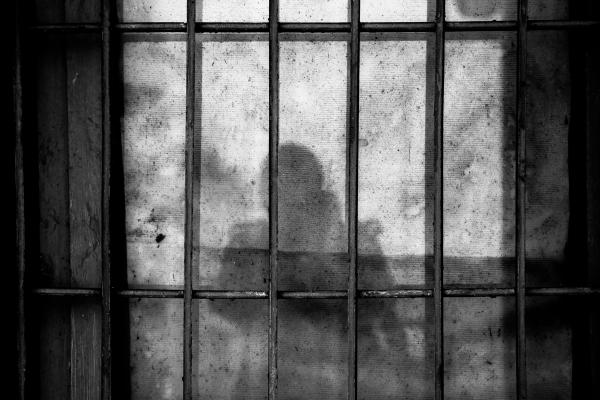May 22, 2019
We weren’t meant to kill people. When we do kill, it does something to us. In writing my book Executing Grace, I interviewed a former executioner who told me how he was haunted by the spirits of the men he executed, whose souls visited him at night and sat by his bedside.
Read the Full Article

Already a subscriber? Login
